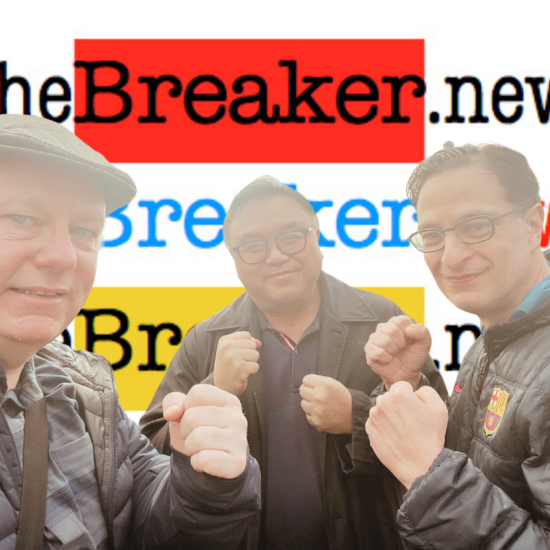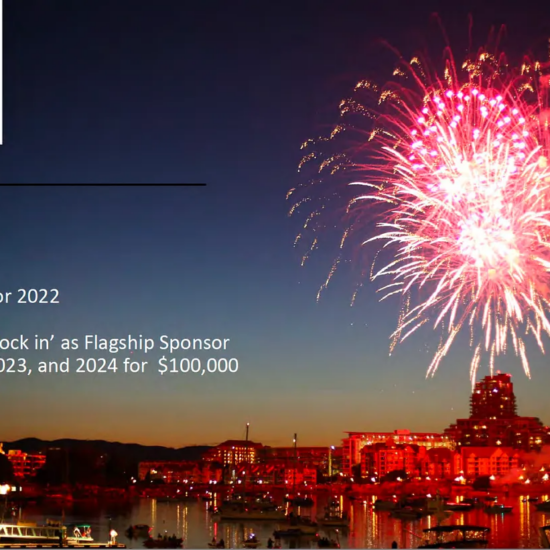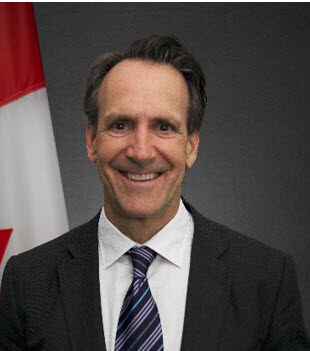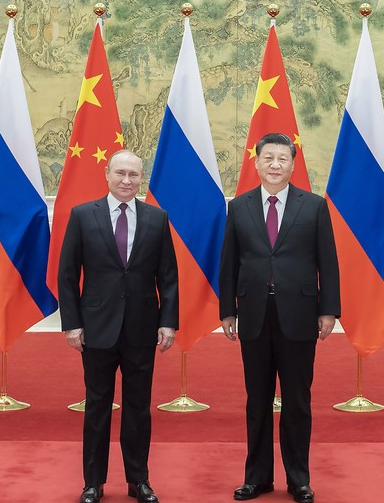
Bob Mackin
Voters in Taiwan go to the polls Jan. 13 for the world’s first major election of 2024.
Some fear it could be the country’s last, because China’s Xi Jinping has threatened to annex Taiwan, even by force. The self-governed island is roughly the size of Vancouver Island with a population comparable to 60 per cent of Canada.
Up for grabs: the presidency and control of the 113-seat legislature.

Lai Ching-te (left) and Tsai Ing-wen in a DPP campaign ad (DPP)
The 2016-elected President Tsai Ing-wen of the centre-left Democratic Progressive Party (DPP) has reached her two-term limit and hopes to pass the baton to vice-president Lai Ching-te. The DPP holds a 62-seat house majority entering the election.
Josephine Chiu-Duke, a professor at the University of B.C.’s Department of Asian studies, said the last polls before the 10-day, pre-election blackout showed voters are concerned about the widening gap between rich and poor, the impacts of inflation and housing affordability. The DPP held a narrow lead over the Hou Yu-ih-led Kuomintang (KMT) in surveys. But a third option, the left-leaning Taiwan People’s Party (TPP) under physician and former Taipei mayor Ko Wen-je, has targeted younger voters.
“His position has always been ambiguous,” Chiu-Duke said. “Sometimes It seems that he originally supported the current ruling party, but he also has friendly relations with the Beijing authorities.”
Unlike the DPP, the right-leaning KMT, also known as the Nationalist Party, prefers closer ties with China. But Chiu-Duke said the “China problem” has previously favoured the DPP.
“Because the more China presses Taiwan to give up any idea of becoming an autonomous, independent nation-state, the more voters would cast their ballot to support the Democratic Progressive Party,” Chiu-Duke said.
Taiwan was already expecting a barrage of misinformation and disinformation aimed at influencing the results in favour of China. On Jan. 9, China launched a rocket carrying a satellite that flew high above southern Taiwan, which sparked panic across Taiwan when the English version of the government’s broadcast text errantly called it a missile.
“Thank God it was a false alarm,” said Margaret Liu, the president of the Taiwan Chamber of Commerce in B.C.
Liu was scheduled to travel Jan. 10 to Taiwan in order to cast her ballot. Taiwan does not allow remote voting and Liu said it is a crucial time in the country’s history. She said the DPP and KMT have totally different views about the economy and relations with China, and the KMT’s willingness to talk with China about closer trade ties could benefit both sides.

UBC Prof. Josephine Chiu-Duke (TaiwanFest)
“We don’t want missiles or airplanes flying around over Taiwan,” Liu said. “This is like a time bomb, and imagine, we don’t want to be another Ukraine.”
The government in Taipei has redoubled its efforts in concert with a variety of civil society organizations to monitor, fact-check and debunk any kind of fake news that could disrupt voting. The coordinated strategy intrigued a delegation of Canadian MPs that toured Taiwan last April.
Non-governmental organization Doublethink Lab is one of the tracking groups. Its 2021 report on the 2020 presidential election found China pushed a narrative that “democracy is a failure” in order to cast it in a favourable light and belittle both Taiwan and Hong Kong. It didn’t prevent Tsai from being re-elected, but it caused concern nonetheless.
Canada officially recognizes only the People’s Republic of China, but Ottawa and Taipei maintain informal relations. In late December, Canada and Taiwan signed a foreign investment promotion and protection agreement, which stems from Canada’s 2022 Indo-Pacific strategy aimed at reducing economic reliance on China. That deal came the month after Canada and B.C. agreed to subsidize Taiwanese-owned E-One Moli Energy’s $1 billion lithium ion plant in Maple Ridge.
Chiu-Duke said both countries are in the “liberal democracy camp” and share many of the same values and beliefs, such as respect for individual rights and the rule of law. She also said Taiwan’s world-leading microchip industry has made it the envy of others.
Charlie Wu is the organizer of Vancouver’s annual TaiwanFest and managing director of the Asian Canadian Special Events Association. He was in Taiwan last month and said voters tend to talk of being either on the side of the U.S. and the international community or aligned with China.
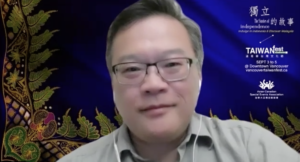
TaiwanFest producer Charlie Wu of the Asian Canadian Special Events Association (Zoom)
“I think it’s going to be a close election,” Wu said. “The key decision is not just on the presidential election, it’s also legislature, which dictates whether or not the president has enough resources.”
Wu agreed with Chiu-Duke, that concerns about economic inequality will be a deciding factor for many voters.
The tone of Taiwan’s election campaign is decidedly different from what Canadians are used to, with flashy, boisterous public events that energize the public and lead to healthy turnouts. In 2020, almost 75 percent of registered voters cast a ballot.
“In terms of festivities, it’s a lot of big rallies, and they use these rallies to send messages to their supporters. I guess, if, if anything I’ve learned, it’s getting people very engaged,” Wu said.
Politicians are trying different strategies, capitalizing on social media with vignettes. Wu said that sometimes image overshadows policies. One such video that went viral shows Tsai, Lai and DPP vice-presidential candidate Hsiao Bi-khim on an upbeat road trip through Taiwan. Tsai started in the driver’s seat, but handed the keys to Lai. The Taipei Times said it symbolized “leading the nation along the road to freedom and democracy.”
“That’s something that we don’t see in Canada,” Wu said.
Support theBreaker.news for as low as $2 a month on Patreon. Find out how. Click here.






